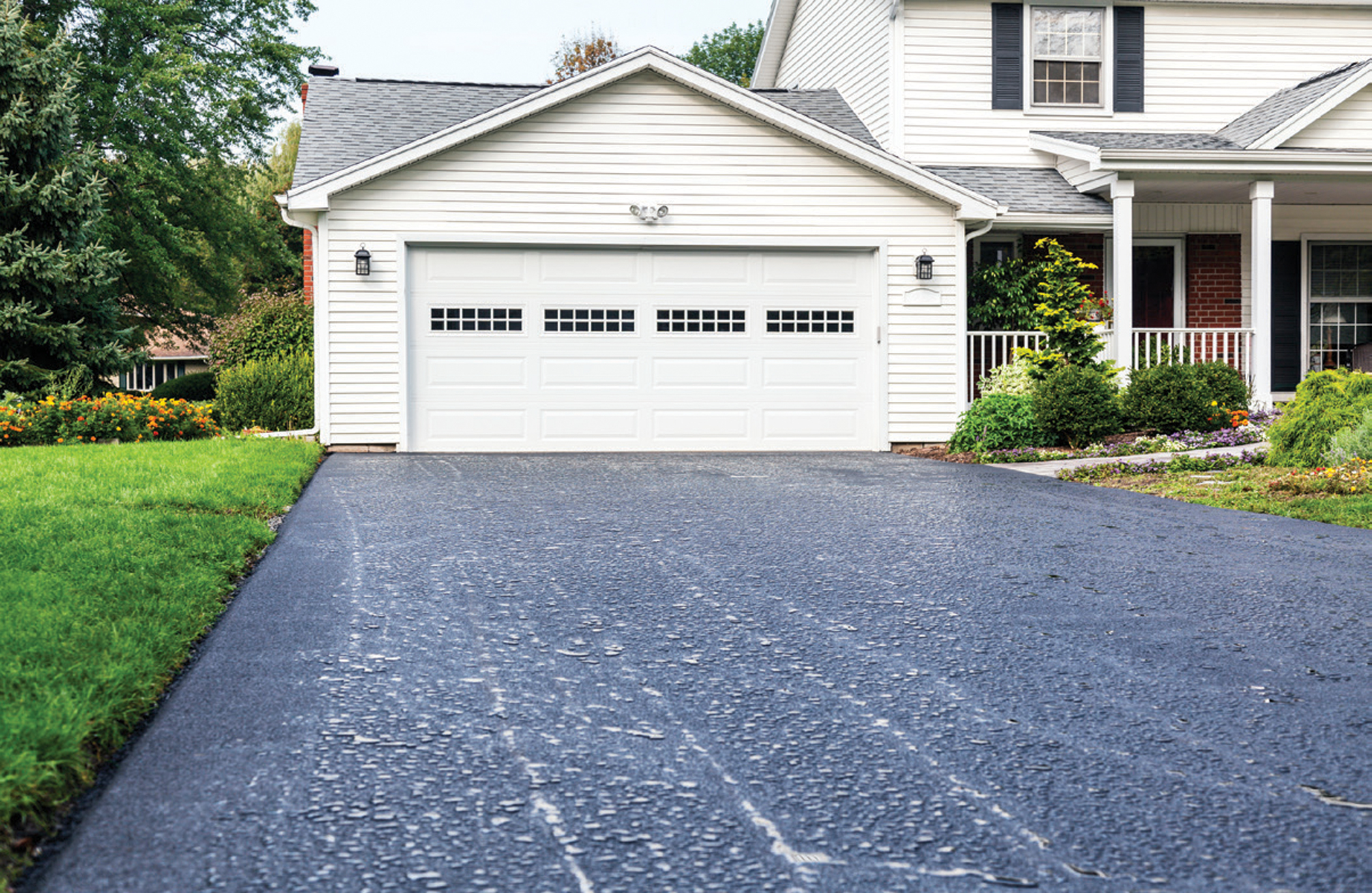Resilient Results: Asphalt Patch Repair Through Precision Sealing
Wiki Article
Cold Mix Asphalt Vs. Hot Mix Asphalt: Which Is Right for You?

Composition Distinctions
Cold mix asphalt is created by emulsifying the asphalt binder with water and an emulsifying agent prior to mixing it with accumulation. The hot mix asphalt manufacturing process involves heating up the aggregate and asphalt binder individually before incorporating them at the asphalt plant.
Furthermore, cold mix asphalt tends to be less thick and much more adaptable than warm mix asphalt. This versatility makes it much better suited for areas with greater degrees of activity, such as driveways or roads with rush hour. On the other hand, warm mix asphalt is known for its high resilience and resistance to rutting and fracturing, making it a preferred option for freeways and high-traffic roads where longevity is essential.
Setup Refine Variations
The process of installing cold mix and warm mix asphalt exhibits notable variations in their treatments and demands. In contrast, warm mix asphalt necessitates an extra intricate installation procedure. Due to the home heating requirements, hot mix asphalt setups are usually lugged out by professionals with specialized equipment, making sure an extra permanent and structurally sound result.Resilience and Longevity Factors
When taking into consideration asphalt alternatives, toughness and durability are essential variables to examine for long-term sidewalk efficiency,. Warm mix asphalt (HMA) is known for its phenomenal durability and longevity. The heats during the mixing and laying process enable for much better compaction, leading to a denser and more powerful sidewalk structure. This causes HMA being more immune to rush hour loads, harsh climate condition, and the effects old contrasted to cool mix asphalt (CMA)
In regards to durability, HMA normally outshines CMA due to its exceptional toughness and resistance homes. HMA pavements have a longer solution life, calling for less frequent repair work and maintenance, which can convert to set you back financial savings in the long run. Furthermore, HMA sidewalks are more conveniently personalized to fulfill particular project needs, even more enhancing their toughness.
Cost Factors To Consider
Thinking about the financial implications is a vital facet when reviewing the option in between hot mix asphalt (HMA) and cold mix asphalt (CMA) for pavement jobs. While the first expense of warm mix asphalt is typically higher than that of chilly mix asphalt, HMA often offers a much more cost-efficient remedy in the long run due to its superior toughness and long life.Along with product costs, it's important to consider the costs connected with installment and upkeep when contrasting HMA and CMA. HMA generally calls for specialized devices check this and knowledgeable labor for appropriate setup, which can impact total project prices. Alternatively, CMA is less complicated to function with and can commonly be applied using easier techniques, possibly reducing installment their explanation costs. Ultimately, the choice between HMA and CMA need to think about not just the preliminary cost yet also the lasting monetary implications to determine the most cost-effective alternative for the particular sidewalk project.
Environmental Impact Comparison
Comparison of the environmental effects between hot mix asphalt (HMA) and cool mix asphalt (CMA) reveals unique differences in sustainability methods. HMA production requires high temperatures, leading to enhanced power usage and greenhouse gas exhausts.In addition, the usage of CMA frequently involves reusing existing asphalt sidewalk, advertising resource conservation and lowering the amount of waste sent out to land fills. This recycling facet further boosts the sustainability of CMA compared to HMA. Generally, when considering the environmental effect, CMA emerges as an extra ecologically sustainable selection as a result of its reduced energy requirements, reduced emissions, and the possibility for reusing existing products. By opting for CMA over HMA, road construction jobs can add positively to environmental conservation initiatives.
Conclusion
To conclude, the option between cool mix asphalt (CMA) and warm mix asphalt (HMA) relies on different elements such as make-up, installment process, longevity, longevity, cost, and ecological impact. asphalt repair. While CMA provides a quick and cost-effective solution for minor fixings, HMA makes sure remarkable sturdiness and long life for heavy website traffic locations. Consider these factors very carefully to determine which sort of asphalt is the best option for your paving requires

Thinking about the financial ramifications is an essential facet when assessing the selection in between warm mix asphalt (HMA) and cold mix asphalt (CMA) for sidewalk tasks. While the initial price of warm mix asphalt is usually higher than that of chilly mix asphalt, HMA typically gives a more economical remedy in the long run due to its exceptional toughness and longevity. angle parking.Contrast of the ecological influences in between warm mix asphalt (HMA) and cold mix asphalt (CMA) reveals unique distinctions in sustainability techniques.In verdict, the internet selection in between cold mix asphalt (CMA) and warm mix asphalt (HMA) depends on various factors such as structure, setup process, toughness, long life, price, and ecological influence
Report this wiki page